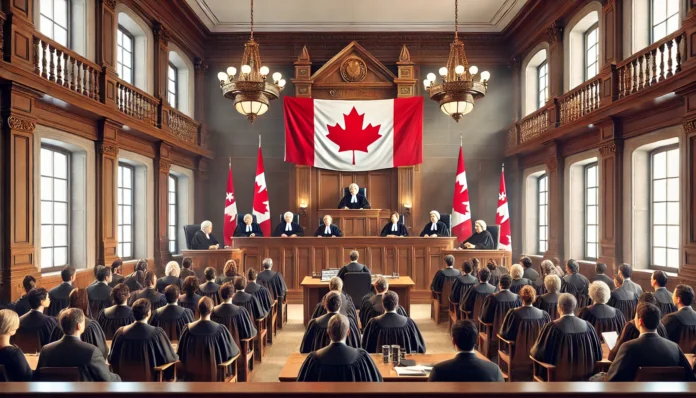Introduction
Secularism is once again at the forefront of Canadian legal and cultural debate as the Supreme Court of Canada prepares to hear a landmark challenge to Quebec’s controversial Bill 21. This law, which prohibits certain public sector employees from wearing religious symbols at work, has ignited passionate arguments on both sides and could have far-reaching implications for the future of secularism, minority rights, and the separation of religion and state in Canada.
Background: What is Bill 21?
Enacted in 2019, Quebec’s Bill 21—officially known as the “Act Respecting the Laicity of the State”—bars public sector employees in positions of authority, such as teachers, police officers, and judges, from wearing religious symbols while performing their duties. The law is rooted in the province’s longstanding commitment to laïcité, or secularism, which aims to ensure that government institutions remain free from religious influence.
The Legal Challenge and the Notwithstanding Clause
The upcoming Supreme Court case centers on whether Bill 21 violates fundamental rights protected by the Canadian Charter of Rights and Freedoms. Notably, the Quebec government invoked the notwithstanding clause—a constitutional provision that allows legislatures to override certain Charter rights for up to five years. This move has shielded Bill 21 from some legal challenges, but critics argue it sets a dangerous precedent for government overreach and the erosion of individual freedoms.
Supporters vs. Critics: The Core Arguments
- Supporters of Bill 21 claim the law is essential for maintaining a neutral public service and upholding the principle of secularism. They argue that public employees, as representatives of the state, should not display religious symbols, which could be perceived as government endorsement of a particular faith.
- Critics, including civil liberties groups and minority advocates, contend that Bill 21 disproportionately targets religious minorities—especially Muslim women who wear hijabs—and infringes on freedom of expression and equality rights. They warn that the law legitimizes discrimination under the guise of neutrality and undermines Canada’s multicultural values.
Legal and Cultural Context
Quebec’s commitment to secularism has deep historical roots, stemming from efforts to reduce the influence of the Catholic Church in public life. However, the province’s approach has often clashed with Canada’s broader commitment to multiculturalism and religious accommodation. The Supreme Court’s decision to hear the challenge signals the national significance of the issue and the need to balance competing rights and values.
Potential Impact: Secularism, Equality, and Minority Rights
The outcome of this case could reshape the boundaries of secularism and religious freedom in Canada. A ruling against Bill 21 might reaffirm the Charter’s protections for minority rights and set limits on the use of the notwithstanding clause. Conversely, upholding the law could embolden other provinces to adopt similar measures, potentially eroding protections for religious minorities and weakening the separation of church and state.
The Importance of Secularism and the Risks of Overreach
At its core, secularism is about ensuring equality and freedom from religious influence in government affairs. While it is vital to maintain a neutral public sphere, laws like Bill 21 risk crossing the line into government overreach, where the state dictates what individuals can wear or believe. True secularism should protect both the state from religious interference and individuals from state-imposed restrictions on personal expression.
Conclusion
The Supreme Court’s forthcoming decision will be a defining moment for Canadian secularism, minority rights, and the ongoing struggle to balance freedom, equality, and neutrality in a diverse society. As the nation watches, the stakes could not be higher for those who value a government free from religious influence and committed to protecting the rights of all citizens.
Read the original source: https://www.jurist.org/news/2025/01/supreme-court-of-canada-to-hear-challenge-to-quebec-secularism-law/

